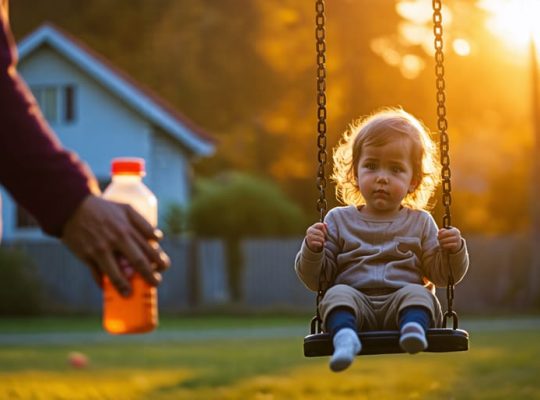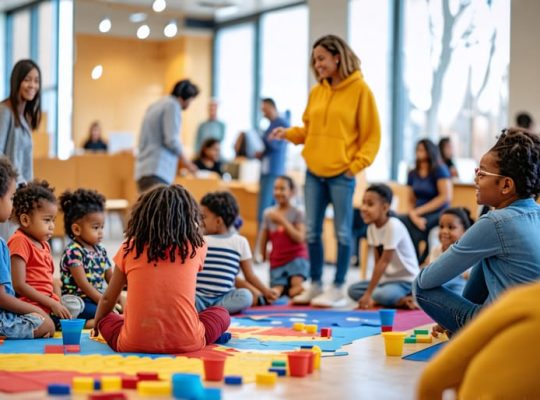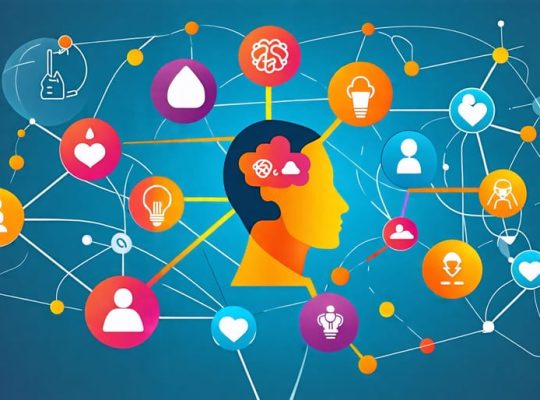How Parental Substance Abuse Impacts Children’s Mental Health
Recognize the impact parental substance abuse can have on children by observing behavioral changes or emotional distress as key indicators. Support affected children by promoting open communication and offering them a safe space to express their feelings. Connect with local or national support groups to access resources and share experiences that help manage the situation. Collaborate with teachers and healthcare professionals to create a well-rounded support network, ensuring children receive consistent care and understanding across different environments. Prioritize self-care and seek professional guidance, if needed, to maintain your …










